
Philosophy can influence our lives even more than we are willing to perceive, and regarding the shape of philosophical ideas, the movie screen is a scenario that demands more of our attention than perhaps a lecture, seminar, or Wikipedia consultation. It asks us to be more than mere spectators; we are to be active overseers of what we can withdraw from the screen into our lives.
Through ideas channeled in philosophy, the subtext of intentions and the visual aspect of films is crafted in a way that helps transmit states of loneliness, happiness, astonishment, alienation or simple awe.
The torrent of ideas can be channeled through enigmatic performances, vibrant visuals, or narrative-inspired situations and atmospheres that transcend the film in a way ideas transcend onto us, through life itself and what life itself means through various ways of storytelling using nothing more than time and frames.
1. Donnie Darko (2001)
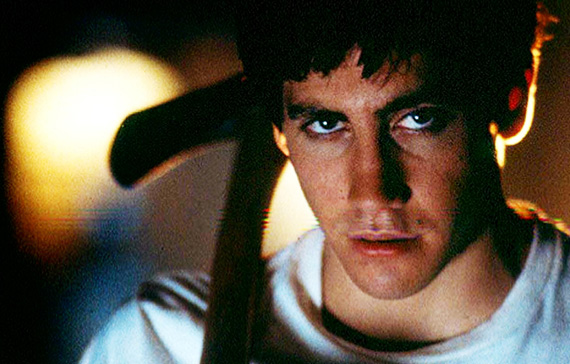
This film subtly confronts existentialism like no other film, for it is one of the few that aligns the “what-if” scenario in a way that fully aids the narrative of the film. The pillars of positivism and existentialism coexist together in a synergic way that feeds in one aspect: the hope that comes with living through the stepping stones of life, and being withdrawn like Donnie from the entire dimension of life, yet having affected the lives of several characters in the film to the tune of “Mad World” by Gary Jules.
Jake Gyllenhaal as Donnie exists through the ideas of Frank the giant prophesying rabbit, and Frank feeds from the actions of Donnie. It’s a practical quid pro quo of strange sorts that in the midst of protection, he channels an unsettling atmosphere that reaps the full extent of what regret is.
2. The Master (2012)
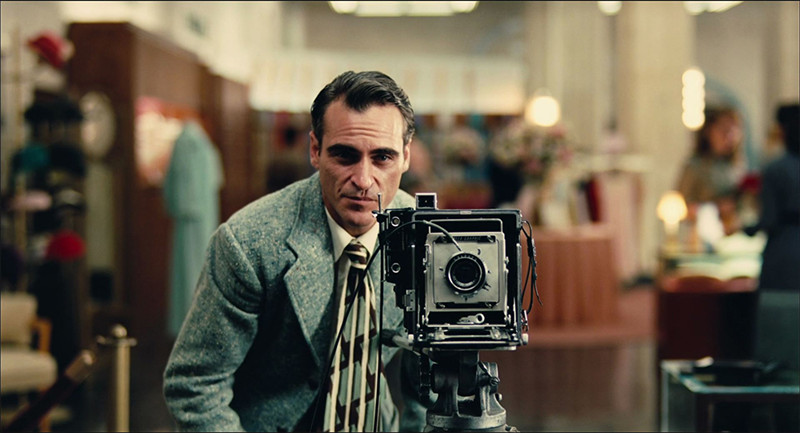
Despite Paul Thomas Anderson reassuring audiences that, like it or not, “Magnolia” would be his finest work, the multiplicity that delves unevenly into “The Master”, with the beautiful ideas of a charismatic (to say the least) Philip Seymour Hoffman, can carve the fate of more than a single pawn.
Joaquin Phoenix takes full control of his range of physical emotions and expressions in a perplexing manner that only serves to animalize the nature of mankind, whereas Hoffman acts as a cathartic beacon that holds the ideals that Freddie Quell, Phoenix’s character, must act upon and quell with what are floating demons of confrontation.
A Camus-inspired rebellion within the heart of Freddie must regress through the ideas in a way in which philosophy turns to its owner like the untamable beast we all are.
3. All is Lost (2013)

The magnitude of this film solely gravitates on the fact that nothing is spoken, yet everything is said. Robert Redford manages to hold the audience not by screen time or sheer will, but on what his actions depict in every range of motion he conquers throughout his odyssey.
There is something in the confined sea; a sort of personal vessel (metaphorically speaking) is crafted with help from Alex Ebert’s work composing the score, drawing a raw expressionism that perhaps his band Edward Sharpe & The Magnetic Zeros were unaware of.
In the midst of this beautiful, contained mayhem is a redemption that redefines what Bertrand Russell thought of language and the languid presence of mankind, finding a resourceful expression through the unconquerable will of men and savage nature of its surroundings.
4. In The City of Sylvia (2007)
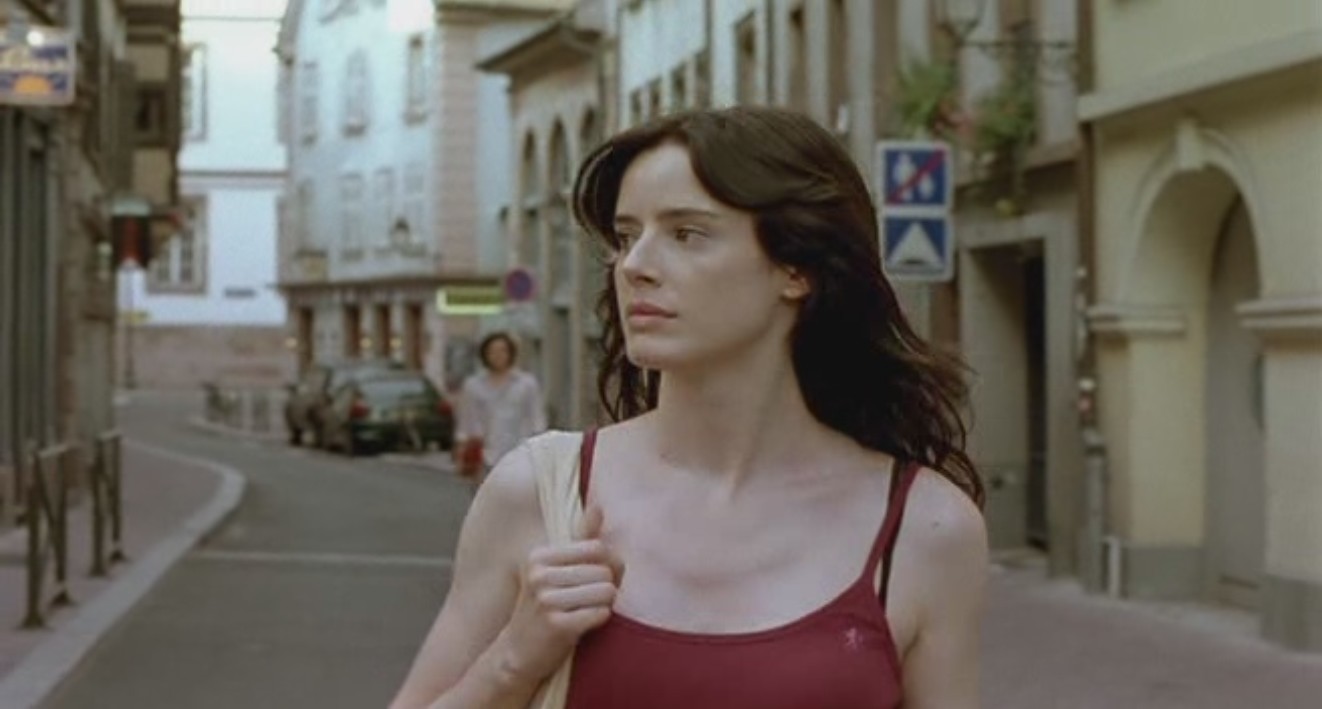
This French film navigates like no other the phantom of the desired subconscious woman, who we all model our choices after. The finely scripted protagonist, who wisely remains unnamed, is back in Strasbourg for an experience he has cultivated through the years, dangerously transforming expectations into a critical reflection. He is not abiding the laws of wear, tear and common destruction in relationships, but only going after a phantom.
This film is worked through in various layers, recognizing the aspects of a reflected individual to the means of its parts, only this time the ensemble isn’t his body. He wants to become Sylvia, his phantom and fate.
5. Sleeping with Other People (2015)

This completely non-harmful product bypasses the stance of severity for the proclivity to mingle in a beautiful way, asking things that Saussure or Heidegger would be asking themselves regarding relationships.
Though the film doesn’t compromise a menacing and insightful dialogue or soliloquy from its protagonists, it invites the audience to ask about their whereabouts regarding the stages of relationships, in complete arrangement to the states of maturing into one’s skin.
There are some heavy Freudian aspects here that question as to why the protagonists, beautifully and truthfully portrayed by Alison Brie and Jason Sudeikis, are so self-destructing, unleashing random chaos until they find each other (their other self) and start witnessing how their inner beasts, this riot that shapes their will, can be astonishingly contained only in the one they love.
6. Kings of Summer (2013)
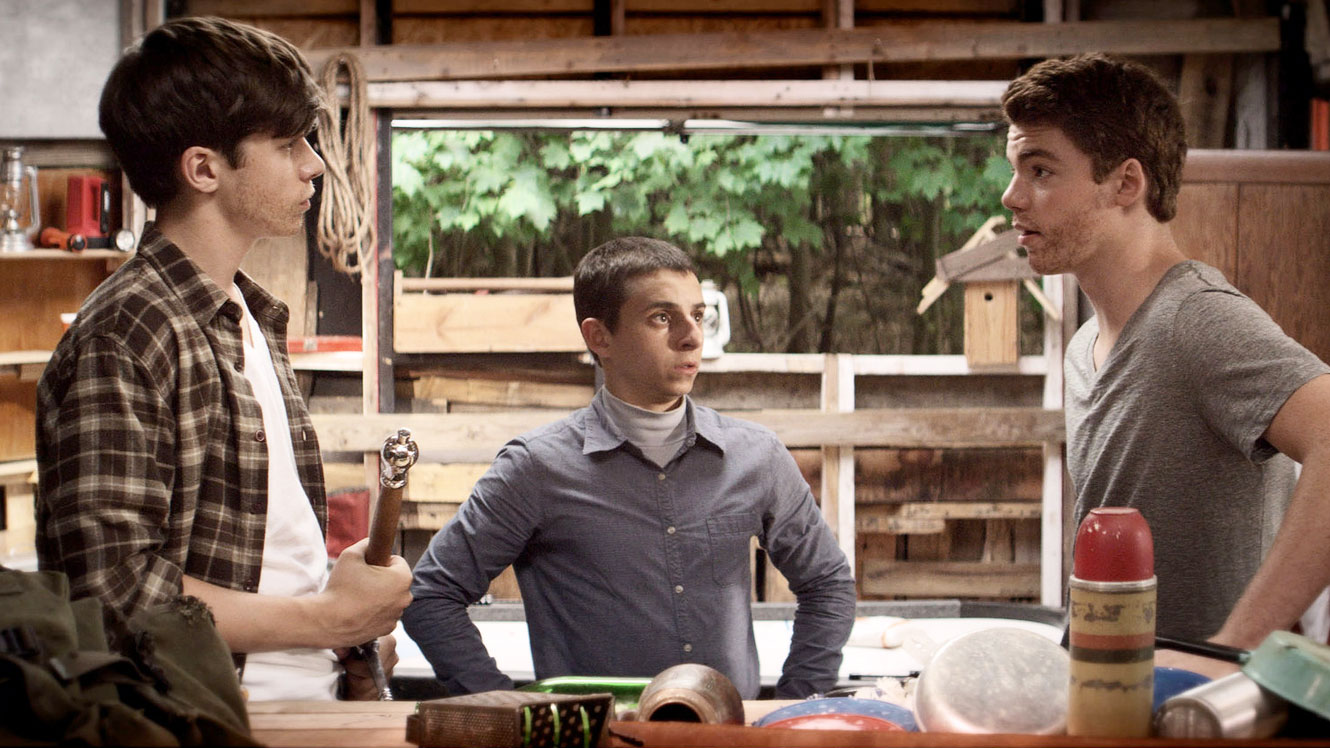
The coming-of-age process is explored in this film through piercing ideologies that explore liberty and freedom and the difference between these.
Marx’s machine, not in an industrial sense but on a human level, is rearranged perpetually and beautifully seen through the eyes of each protagonist onto themselves. The fate they cast on each other is no more than a working engine, that like in Fritz Lang’s obsolete yet vibrant metropolis, comes to life on a human level that invades the rhetoric of growth in place never before explored.
7. The Romantics (2010)
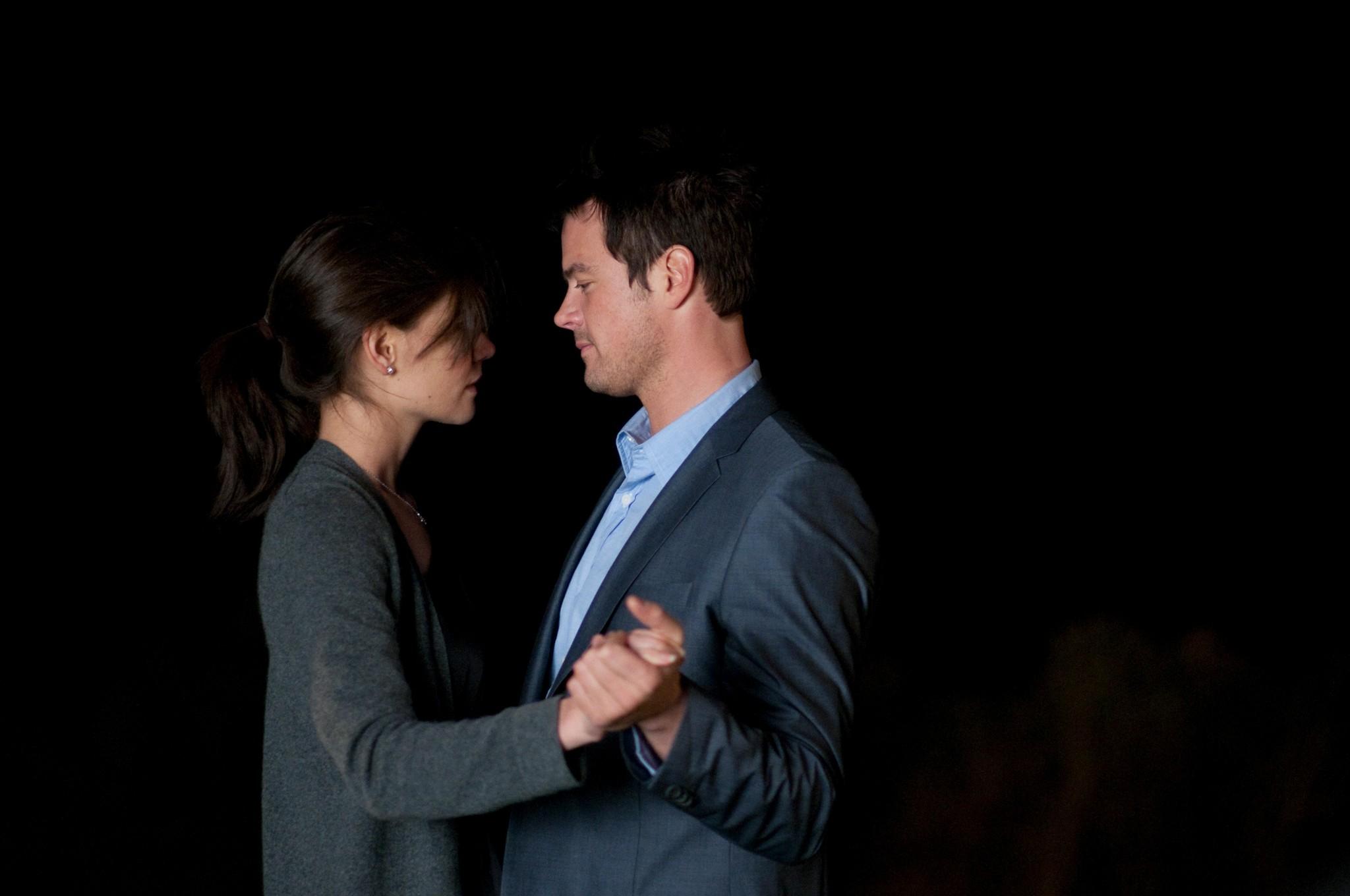
This is a polarizing but nonetheless important film in the fading idea of compromise. Like “Sleeping With Other People”, this film explores the slim proclivity of relationships. Coming apart in this film is a sense of given choices.
The threshold of marriage seems to move in analogical technology, where everybody seems suitable to the digital age. There is something beautiful in this decaying way of portraying love, for it is innocent, whole and outgoing in ways most people would be afraid of risking.
8. Circle (2015)
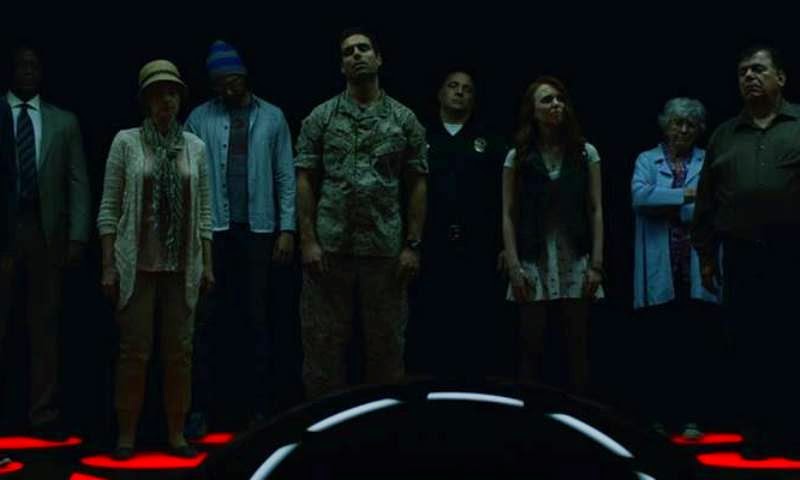
Who would have thought a single-location film could single-handedly drive the fate of a narrative with so many Kafkanian questions?
The location definitely shapes the argument, not in a visual sense, but in a narrative confinement that works as a judgeful entity that allows its users to seem as they have a choice. If watched again, this film shows that no such fate was even plausible; the pieces of this sick game were arranged even before the film started.
Drawing heavily from the decaying aspects of judgement, there is a pervasive Kafka-esque reasoning that nullifies the characters as actors, for they are mere pieces in a better arranged machine that is their uncontrollable existence.
9. Talk to Her (2002)

This film finds Pedro Almodovar in his most polished film, debating aspects of positivism and philosophical entropy like no other product he has achieved.
The sly and intriguing Benigno is the character that confronts Freudian thought, but never frees himself from it. He falls in love with the beautiful Alicia only to lose himself in what perhaps is the true, narcissistic nature of love that nobody wishes to see, but arrays itself as “the most perfect relationship, for there are no fights or complains; only company.”
10. 21 Grams (2003)
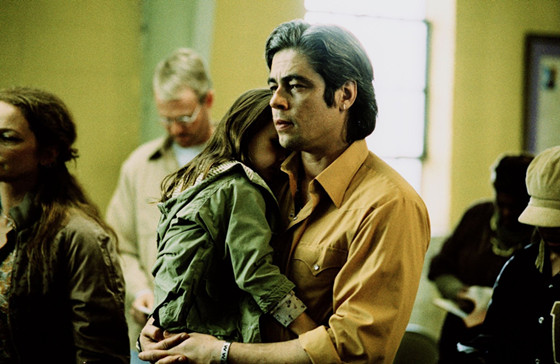
Crafted as a narrative-oriented film with rich silences and Santaolalla-esque guitar rhythms, this film comprises the finest form of Camus’ “The Stranger” in film.
The alienation to life itself seems to make the three protagonists wander aimlessly through this richly atmospheric film. However, there’s more than meets the eye here.
The trifecta of Cristina, Paul and Jack work as hopeless stations and desires for life, only to find that the more they let go of it and stop seizing it for themselves, can they free the twenty-one grams of everlasting burden. A beast crafted by themselves for themselves to themselves in a polarizing manner.